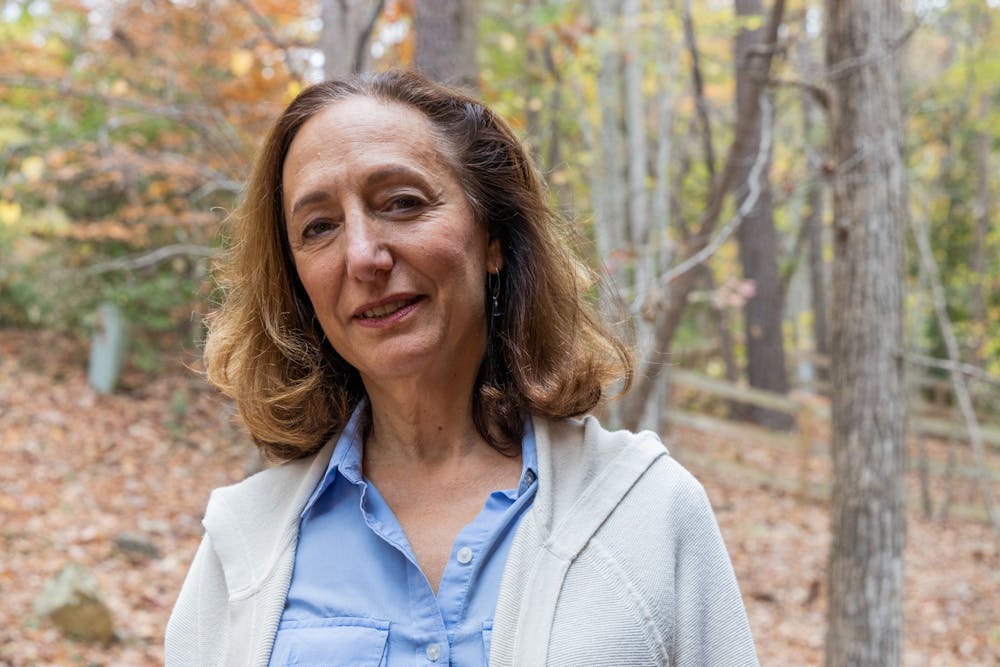Music is a part of many people’s daily routines — but it can also be used by music therapists to help people in deeper ways.
Music therapy is the clinical and evidence-based use of music interventions to accomplish individualized therapeutic goals. Sessions are conducted with an accredited professional who has completed an approved music therapy program.
Elizabeth Smith, the owner and director of Good Grooves Music Lessons and Therapy in Chapel Hill, is a board-certified music therapist who has been working on improving the quality of life for community members through music therapy.
“I've seen a lot of cognitive skill set building through music,” Smith said. “A lot of times my clients are able to learn different things through music, different skill sets, whether it be reading or math or just emotional expression through music.”
Smith said she has worked with many clients with dementia in the community, and the power of music to reconnect them to reality has been "mind-blowing."
“When I play a song that is familiar to them, the way they light up and the way they sing along — I mean, it's just so ingrained in that brain that that's a part of them that they haven't lost,” Smith said.
Yasmine White, founder and CEO of the music therapy non-profit Voices Together, said music can be a powerful tool to connect the mind and body to increase communication and open learning pathways.
“Using music as a tool is creating a different way to engage an individual," White said. "And music physically changes the body. It has been proven scientifically to increase endorphins, to open neurologic pathways that weren't there in communication, (and) in the case of Alzheimer's to create pathways to memory, so it's an incredibly effective tool.”
With 180,000 North Carolina residents ages 65 and older suffering from Alzheimer’s disease, White said music therapy can be a useful tool to rebuild memory.



